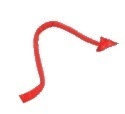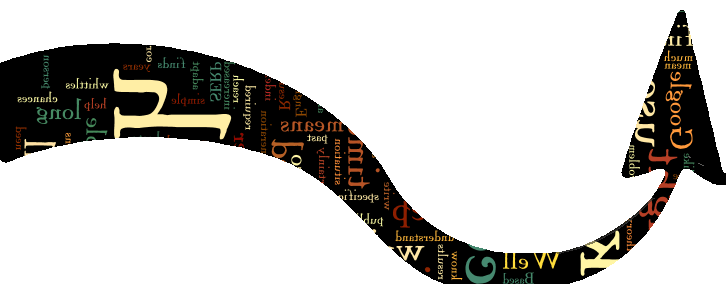I have been writing about the basics of SEO and search based advertising on my blog for quite some time. The common thing in both is that the first interaction in search is always the keyword based search.
Yes, this is the part where our user goes to his favorite search engine (Go Google!) and searches for this keyword. Based on how well this search engine has indexed content, it will display the Search Engine Results Page (SERP).
Search is keyword based
This bit, every other person will tell you. That you need to be listed for your main keyword.
What people do not realize is that normal people like you or me are beings which adapt to a situation. In the heydays of Google, one simple search term used to help me find the right content.
Case of Crappy Content
The problem is that since then a lot of things have changed, and the sheer amount of crappy content on the internet has increased.
What this means, is that I do not find the right page even after searching the right term! So what does the normal user do after this?
Well, he refines his search … he adds a couple of other terms after his original term … that whittles the search results by a few thousands … and he keeps doing that until he finally finds the page he wanted! The user started with one term … and has finally ended up with a series of terms! But this set of terms has helped him reach to the right piece of information. That’s what matters in the end.
This set of terms the user used in the search engine is called a long tail keyword.
 The name is because the number of terms keep on growing over a period of time. The longer the tail, the more specific you get about your search.
The name is because the number of terms keep on growing over a period of time. The longer the tail, the more specific you get about your search.
As content generation and content indexation in a search engine keep on growing … the number of terms required to recall the correct page also grow. Neil Patel discusses this very matter in a very information post on how content length affects conversions.
What does this mean?
So now you know what is a long tail keyword … but what do yo do with this piece of theory?
Well for starters, you get to understand that the longer the keyword, the more niche the audience. This increases the chances of a conversion (if your keyword research and targeting is spot-on). Longer keywords will have lesser impressions, but higher conversions.
This also means that as time goes by, the pressure on publishers (that’s me and you if you are a blogger!) would keep getting higher to write in a much more well defined fashion. I can certainly see this in my writing which has evolved in the past 3-4 years of writing on this blog.
